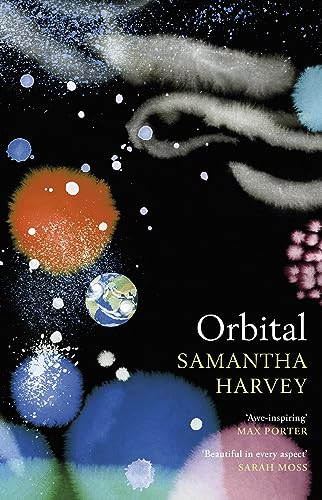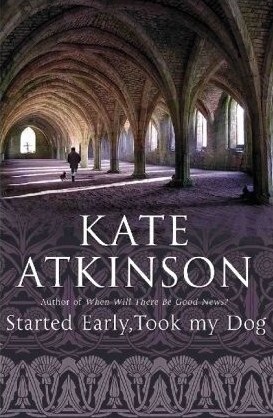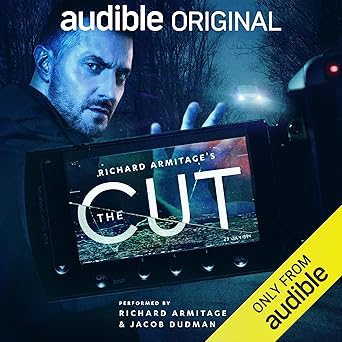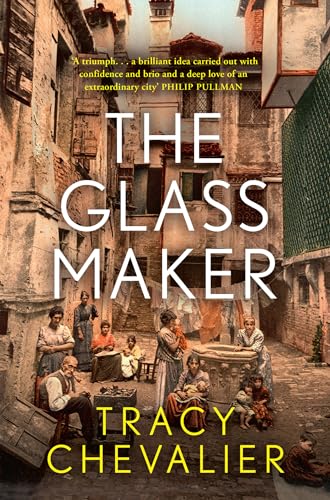This is the last of my Booker Prize shortlist reading. It is a wonderful selection. All of the books have been beautifully written and I have liked them all.
Here’s the blurb …
Six astronauts rotate in their spacecraft above the earth. They are there to collect meteorological data, conduct scientific experiments and test the limits of the human body. But mostly they observe. Together they watch their silent blue planet, circling it sixteen times, spinning past continents and cycling through seasons, taking in glaciers and deserts, the peaks of mountains and the swells of oceans. Endless shows of spectacular beauty witnessed in a single day.
Yet although separated from the world they cannot escape its constant pull. News reaches them of the death of a mother, and with it comes thoughts of returning home. They look on as a typhoon gathers over an island and people they love, in awe of its magnificence and fearful of its destruction. The fragility of human life fills their conversations, their fears, their dreams. So far from earth, they have never felt more part – or protective – of it. They begin to ask, what is life without earth? What is earth without humanity?
This book is beautifully written. The descriptions of the earth as seen from space are mesmerising. Although, it does put me off ever going to space – all of the things that happens to one’s body in micro gravity!
It’s very poetic, for example (when describing humanity)
[…], the igniters of fires, the hackers in stone, the melters of iron, the ploughers of earth, the worshippers of gods, the tellers of time, the sailors of ships, the wearers of shoes, the traders of grain, the discoverers of lands, the schemers of systems, the weavers of music, the singers of song, the mixers of paint, the binders of books, the crunchers of numbers, the slingers of arrows, the observers of atoms, the adorners of bodies, the gobblers of pills, the splitters of hairs, the scratchers of heads, the owners of minds, the losers of minds, the predators of everything, the arguers with death, the lovers of excess, the excess of love, the addled with love, the deficit of love, the lacking for love, the longing for love, and the love of longing, the two-legged thing, the human being.
We follow the astronauts and cosmonauts over a 24 hour period, which is 16 orbits of the earth. As the earth is spinning each orbit is slightly different, so we here about different parts of the earth. There is a terrible typhoon that builds and then slams into the Philippines, seeing cities at night with all of the connecting lights, deserts and rivers from space.
It’s a short novel (novella really), but very moving.
A review










